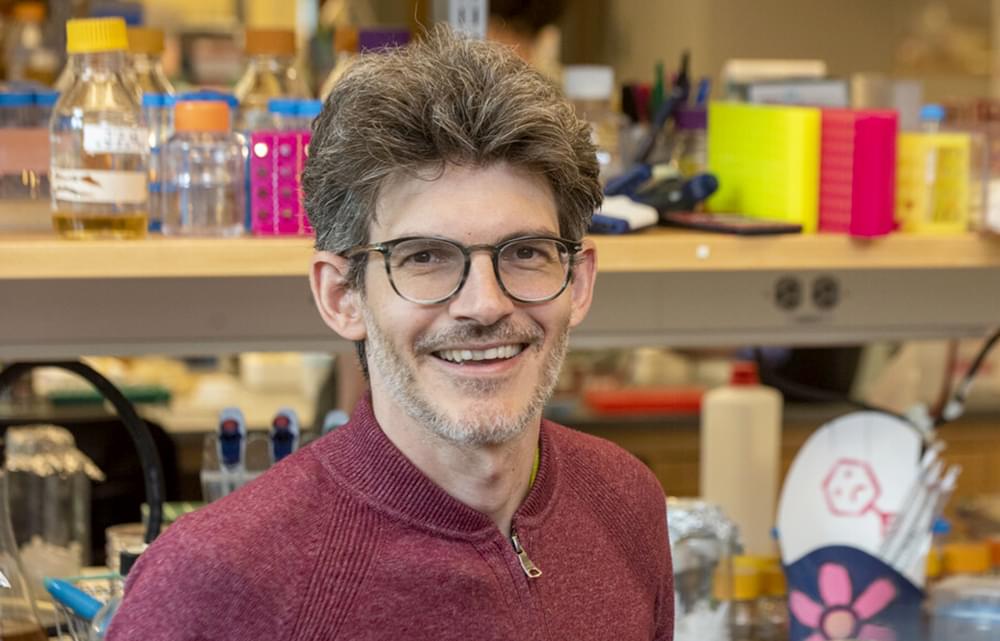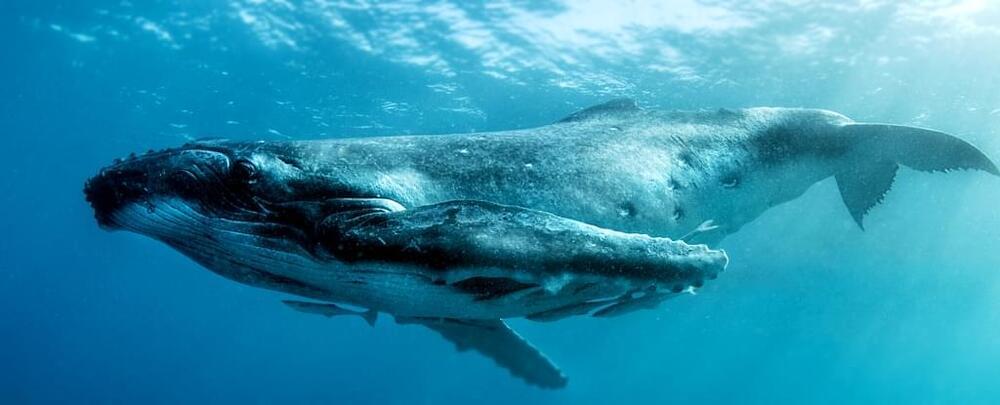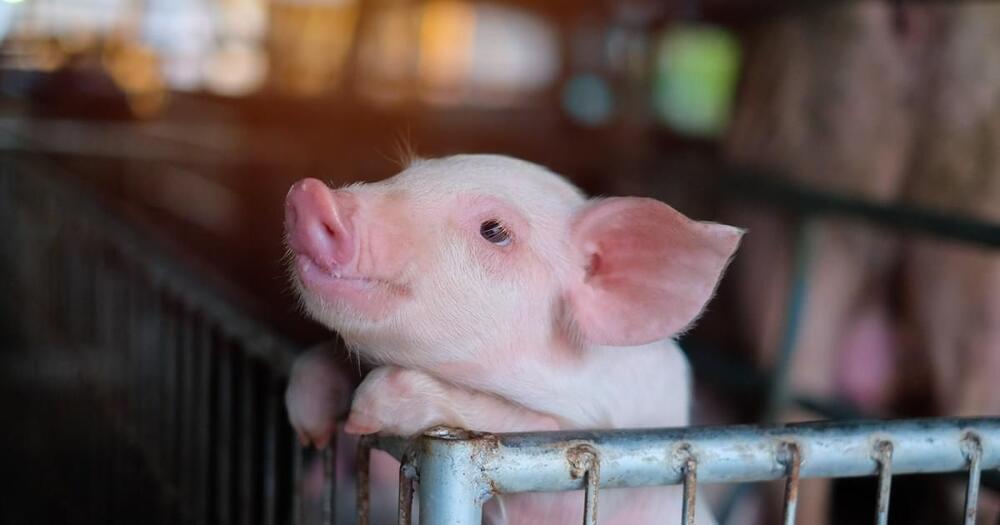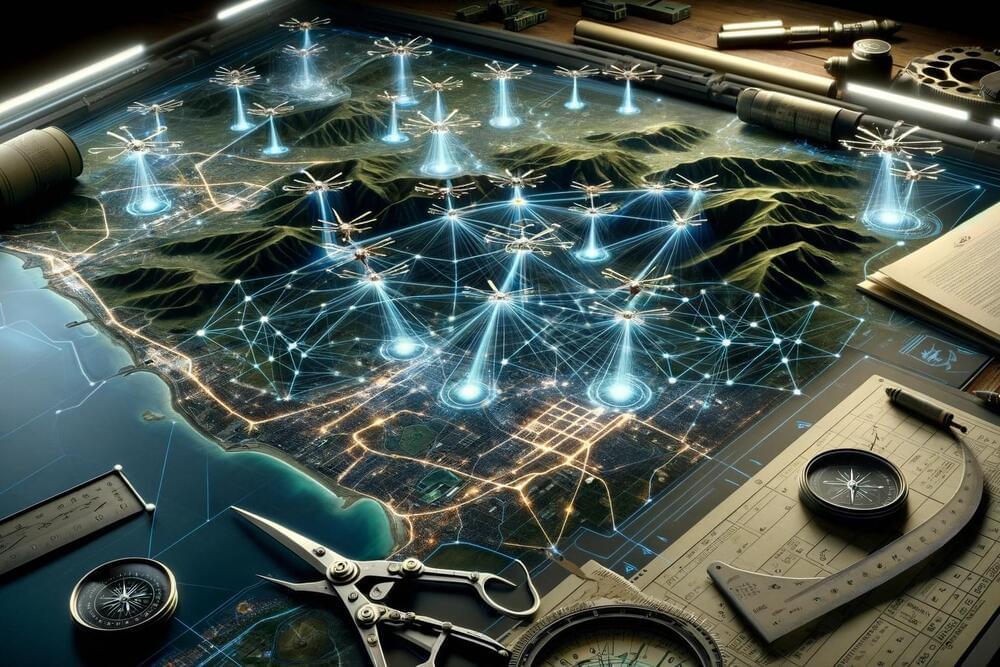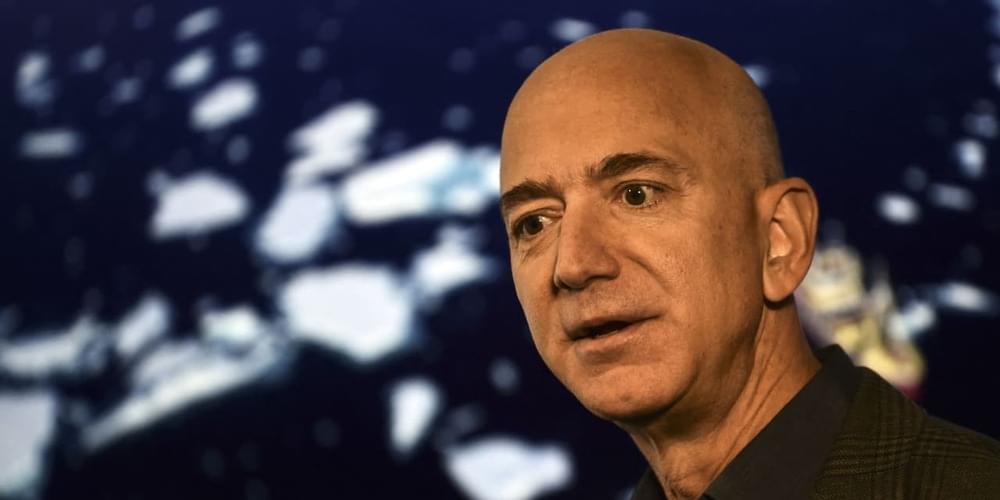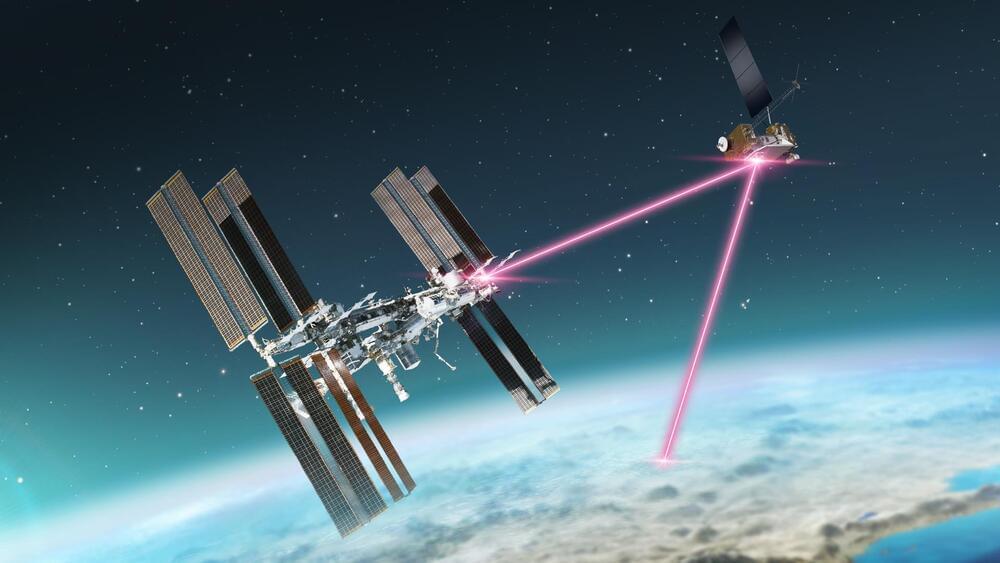In 2007, Luciano Marraffini struck out on what was then a scientifically lonely path: to understand CRISPR, which had been discovered in bacteria only about a decade before.
Seventeen years later, we all know what CRISPR is: a revolution in medicine. A once-in-a-lifetime scientific breakthrough. The most promising tool for gene therapy ever discovered. But back then, “clustered regularly interspaced short palindromic repeats” were merely curious genetic fragments with no known purpose.
“When I started, there was nothing that indicated that it was going to one day help people to cure genetic diseases,” Marraffini recalls.
